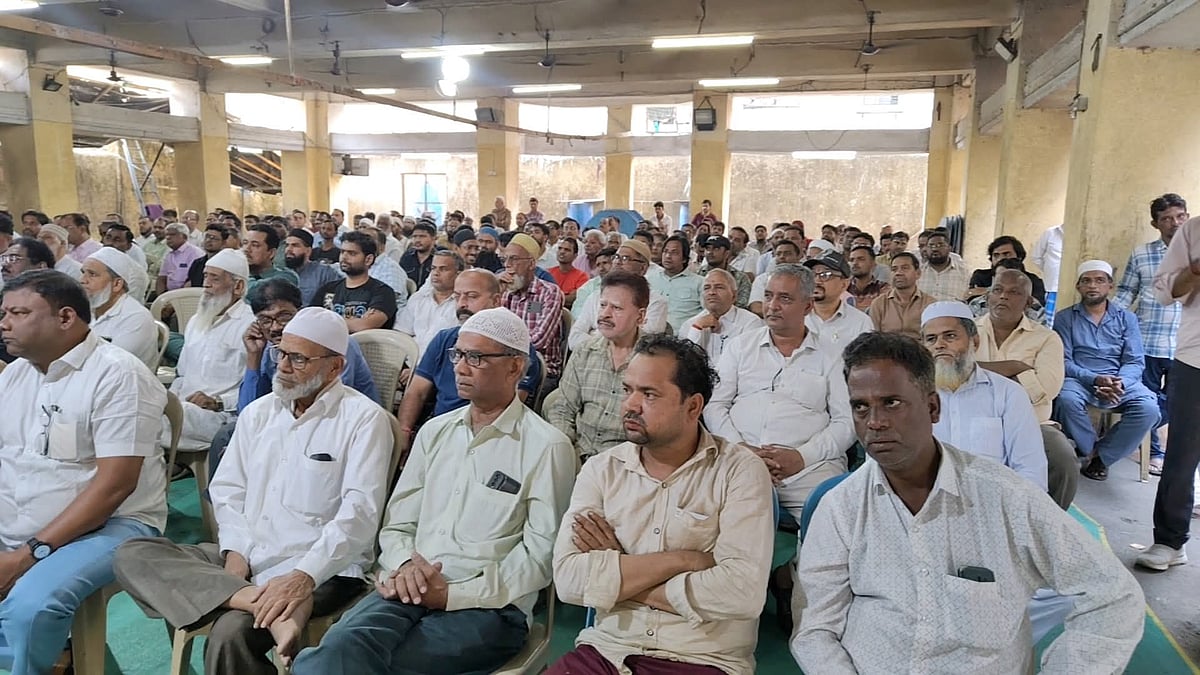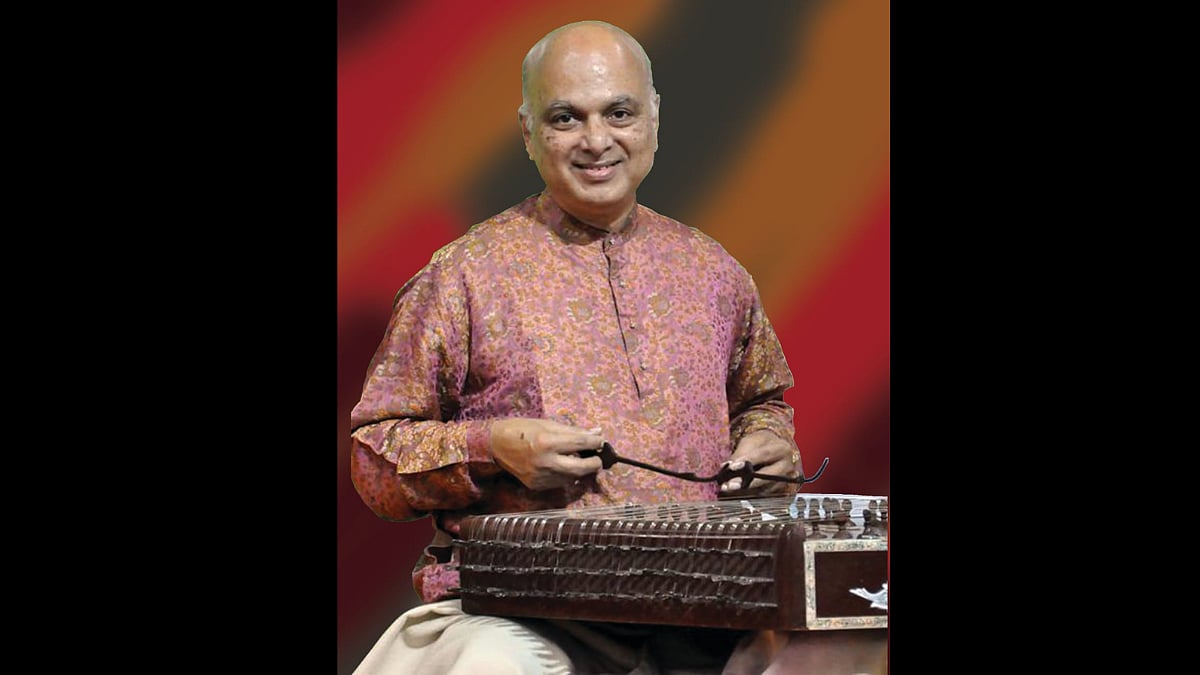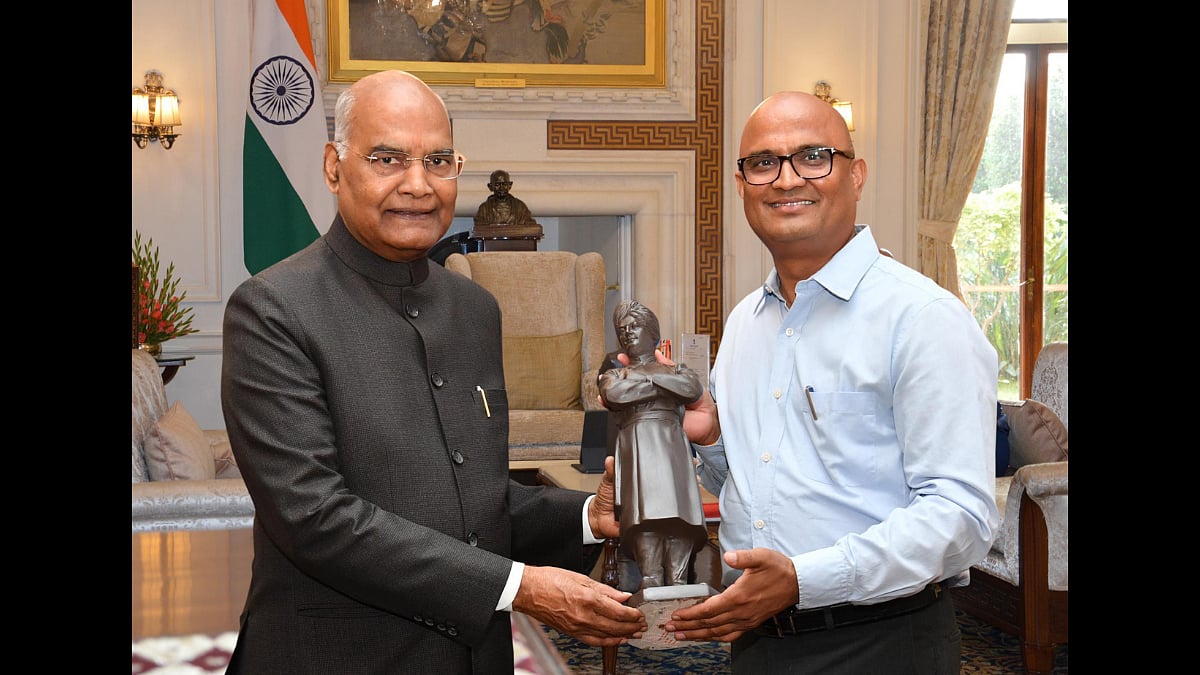Men can’t cry, women can. Men can’t express deep emotion, but women can. Men go to work, and they provide. They are seen as individuals who, whether they like it or not, have to do that ‘shitty job’, have to meet targets and perform well.
A man lazing around, not working, will often be regarded a bum. A man is expected to single-mindedly focus on his career. The notions have their pros and cons. Is life as chronological as we deem it to be? Not always.
Psychotherapist Aleeka Kumar hopes for things to loosen up to bring in a more equal system. “Boys don’t have to be so one-dimensional, and men need better role models to make the shift to being more balanced. It is the hardening of roles whereby a man makes the money, and the women sit at home, where the problem arises. Men need to take steps to engage in the home,” says Kumar.
She cites the case of her domestic help, who is the breadwinner while her husband looks after the kids. “That’s okay. Maybe the need for money drives the arrangement there. The point is that eventually there needs to be more fluidity in roles. Parents can be great role models on how one can change the definition of what’s considered manly.”
Ahmedabad-based CEO at a tech and business company, Abhinav Mardia expresses his sense of disappointment at how society has placed a certain burden of expectations on men, leading to a kind of unhappiness.
“The basic expectation from any man is to marry at the right age, have kids at the right age, have his kids marry at the right age and be a grandparent at the right age,” says Mardia. “Often expectations and what men truly want out of their lives clash, leaving us with a set of confused men, who can’t seem to fathom why they can never live up.”
Can men express emotions?
Men can be depressed, men can be anxious, just like women. It is said that on an average one in eight men experience depression, and one in five men anxiety at some point or the other. But, not many make public of their emotions. Patriarchy as we constantly allude to in this article certainly has something to do with why men feel a certain way.
Mental health specialist Dr Parth Pandya says expressing themselves should be the new motto for men. “Since childhood, boys are taught that getting hurt and crying is less manly. Which Indian man hasn’t heard phrases like, “Ladki ki tarah rona bandh kar (Stop crying like a girl), and “mard ko dard nahi hota; yeh toh ladki hai (men don’t feel pain; he is a girl)?” In the family and the school environment, such phrases and taunts are common. The wall needs to be broken. Expression among men should happen as easy as breathing.”

Mumbai-based management consultant Vasanth Ravula says, “The thought that men are assertive, courageous, right and stoic are rigid. Men and society in general must be open to embracing new ways of being.”
Family support for the son
Men, and not women, mostly face taunts related to the financial status.
Kuldeep Desai, a Mumbai-based builder, tells us that failures, let-downs, joblessness, are part and parcel of the game, and families must accept that their sons are not infallible. “When I was sitting at home for a year, my family didn’t take pot-shots at me, but supported me, knowing full well that things would fall into place. And they did,” says Desai.
But it is the norm that Indian families expect more from boys. “The son must take all responsibility of the house. Families must understand that boys are human and that not everyone can be perpetually successful. Failure has to be accepted. Families must support boys when they are going through a tough phase just like mine did,” he says.
Chennai-based businessman Hemendra Shah says he was fortunate that his family was different. “Being part of a more privileged section of society had something to do with it. I was lucky in that sense. I’ve had a more or less pampered life,” says Shah.
But, he says someone from a lower income group may feel that pressure from parents because it is that more important for them to have financial security.
Benefiting from patriarchy
Ravula and Shah say that men have benefited unfairly on many occasions from this kind of set-up. They receive greater attention with their needs being considered more important than women’s even as they are asked to ‘man-up’ by doing the above.

“Men have benefited greatly from this societal make-up. Men aren’t expected to work in the house, clean floors – that’s given to women. The net effect is often negative,” says Ravula.
Relatives often pass comments about no one marrying a woman if she behaves 'unladylike', or uses ‘crude’ language, or walks in a carefree manner and then women end up tagging their worth to the institution of marriage, he says. “A threat-based conditioning is prevalent in society and sets in among men and women both about what is expected of them. It’s an implicit and less an explicit conditioning.”
Shah seconds Ravula on receiving prejudicial benefits wherein his wife Meghna is expected to be at home in the evening to monitor kitchen work and cooking, while he gets his time off to play sport like badminton, because as he says, “he is no good in the kitchen”.
Should men be good in the kitchen? Certainly. Should men always be asked to provide? Not always. That’s the fluidity of roles and gendering that psychotherapist Kumar talks about. And, society must make efforts to make it happen.













